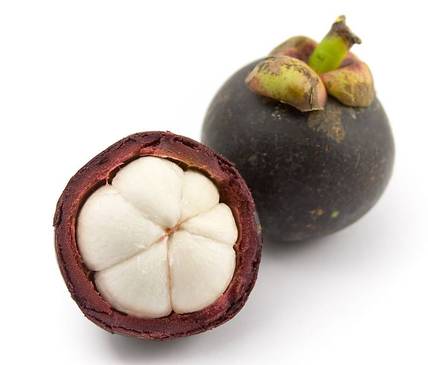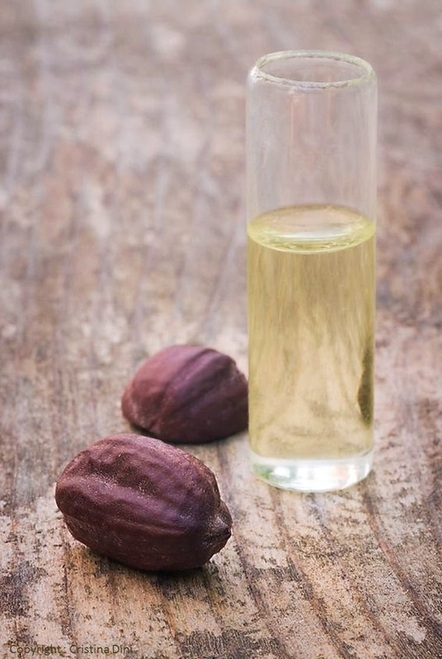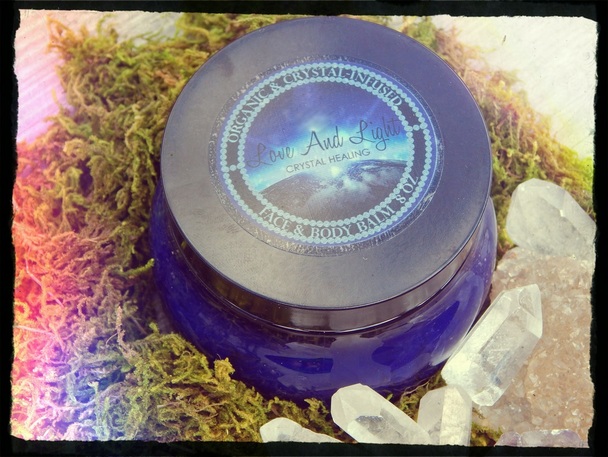|
Source: Livestrong.com
The Kokum plant is native to India. People in the western Ghat region of India have long used kokum as both spice and medicine. Recent research suggests that it may have potential as an appetite suppressant, as a protector of brain health and as a cancer preventative. But this laboratory research needs to be followed up with clinical studies in humans to confirm its usefulness. The Kokum Plant Kokum, whose botanical name is Garcinia indica, is an ornamental fruit tree native to India. Its tiny fruit turns from red to deep purple as it ripens, and is harvested and dried in the spring. The dried rind of the fruit, used as a culinary and medicinal agent, is almost black tinged with purple, has gnarly edges and is slightly sticky, according to “Healing Spices.” It has a somewhat sour taste but a faint, slightly sweet aroma. Kokum in Ayurveda Ayurvedic physicians have long used kokum to treat sores, prevent infection, improve digestion, alleviate diarrhea and constipation, lessen arthritis pain, cure ear infections and heal stomach ulcers, states “Healing Spices.” Kokum Today Kokum’s major active ingredient is garcinol, a substance that has antibacterial, antioxidant and anti-inflammatory properties. It seems able to kill the H. pylori bacteria that cause ulcers, promote brain health by aiding the growth of neurons while stopping damage from substances that can oxidize them, and suppress production of reactive oxygen species which play a role in cardiovascular disease and cancer. It also contains hydroxycitric acid or HCA, an appetite suppressant, reports “Healing Spices.” Kokum butter, an emollient similar to shea or cocoa butter, is often used in cosmetics such as lipsticks, moisturizing creams, conditioners and soaps. Kokum Research Researchers at the Institute of Science and the Bhabha Atomic Research Centre in Mumbai, India, have shown that kokum’s antioxidant activities are stronger than those of many other spices, fruits and vegetables. Their research, which involved rats, was published in “Current Science.” Researchers from Wayne State University in Detroit, Michigan, and the Patil University of Pharmaceutical Sciences and Research in Pune, India, published an article in the “Journal of Hematology & Oncology” suggesting that kokum could be a useful anticancer agent. However, research in humans is still needed.
0 Comments
5 Big Signs The Global Engine of Deceit, Lies, and Control Are Coming To End
http://themindunleashed.org/2013/09/5-big-signs-global-engine-of-deceit.html Jojoba oil is one of the ingredients in my lotion. I will be providing information on each one of my ingredients as it is important to know exactly what you're putting on your skin (and with my lotion- harmful chemicals is NOT one of them).
A large shrub that may grow up to 15 feet in height, the jojoba plant grows in North America, specifically northern Mexico and the southwestern United States. Contrary to its name, jojoba oil is actually a liquid wax distilled from the seeds of the jojoba plant and used extensively in the cosmetic industry as an ingredient in shampoos and lotions. While it helps your body in various ways, jojoba oil's most prominent abilities and features benefit your skin without clogging your pores. A natural emollient, jojoba oil's similarity to sebum allows it to absorb easily and readily into your skin, making it a gentle, skin-softening moisturizer for all skin types including acne-prone skin. According to Leda Hadady, author of the book "Asian Health Secrets," jojoba oil actually dissolves the sebum that clogs your pores, which gives you relief from acne and allows your skin to breathe more effectively. In addition to acne, jojoba oil provides a treatment for various other skin infections and health ailments, mainly due to its anti-inflammatory and antibacterial properties. According to Shirley Price, a renowned aromatherapist and co-author of the book "Aromatherapy for Health Professionals," jojoba oil may improve and relieve an assortment of skin conditions, including psoriasis, chapped skin, sunburn and eczema. Price states that the anti-inflammatory ingredient known as myristic acid also makes jojoba oil a beneficial topical treatment for both rheumatism and arthritis. Info credit: Livestrong.com It's been awhile since I have posted anything. I just recently had surgery to repair an umbilical hernia & I'm finally able to get around a little better- thank goodness! I'm starting to get back to my projects. I recently re-vamped my organic crystal-infused lotion. I just love it! It is not too greasy with a balm-like consistency. I must say it is perfect for these winter months and it really helps to keep my skin soft. For the new make-over I added a little kokum butter & meadowfoam seed oil- both of which are wonderful at rejuvenating skin. I guess you can say I'm a little obsessed with lotion but for good reason. This is the only skin I've got so I better treat it right! I do offer samples at my Etsy shop for anyone interested in trying them out. Happy holidays to you all!
|
AuthorSarah Boyster Archives
April 2021
Categories |
Proudly powered by Weebly




 RSS Feed
RSS Feed